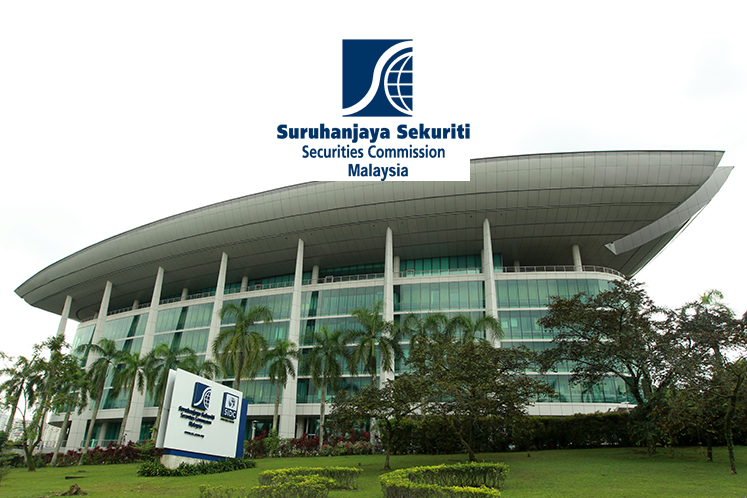
KUALA LUMPUR (March 13): Two former senior investment bankers and the husband of one of the bankers were charged at the Sessions Court here today by the Securities Commission Malaysia (SC) for insider trading of Hirotako Holdings Bhd shares.
Former AmInvestment Bank Bhd regional head of equity markets Tan Giap How was charged with communicating inside information to former head of equity derivatives Ng Ee Fang between Sept 25 and Oct 20, 2011, an offence under section 188(3)(a) of the Capital Markets and Services Act 2007 (CMSA).
“The SC alleges that the material non-public information referred to in the charge was in relation to the proposed take-over offer by MBM Resources Bhd to acquire all voting shares and outstanding warrants in Hirotako, which was announced to Bursa Malaysia on Oct 27, 2011,” the regulator said in a statement.
Ng was charged with four counts of insider trading for acquiring one million units of Hirotako shares while in possession of the information, which was allegedly committed between Oct 14 and Oct 20, 2011.
The shares were acquired through the account belonging to Ng’s husband Daniel Yong Chen-I, alleged the SC, with Yong charged for allowing Ng to effect the acquisition of Hirotako shares through his account, an offence under section 29A of the Securities Industry (Central Depositories) Act 1991 (SICDA).
The regulator said all three had claimed trial to the respective charges made against them.
Tan was granted bail of RM150,000 with one surety and was ordered to surrender his passport, while Ng and Yong were granted bail of RM450,000 and RM350,000 respectively with one surety.
Ng and Yong were ordered to report to the SC investigating officer on a monthly basis.
“Both offences under section 188(2)(a) and 188(3)(a) of the CMSA are punishable with an imprisonment term not exceeding 10 years and a fine of not less than RM1 million. The offence under section 29A of the SICDA is punishable with a fine not exceeding RM1 million and an imprisonment term not exceeding five years,” said the SC.